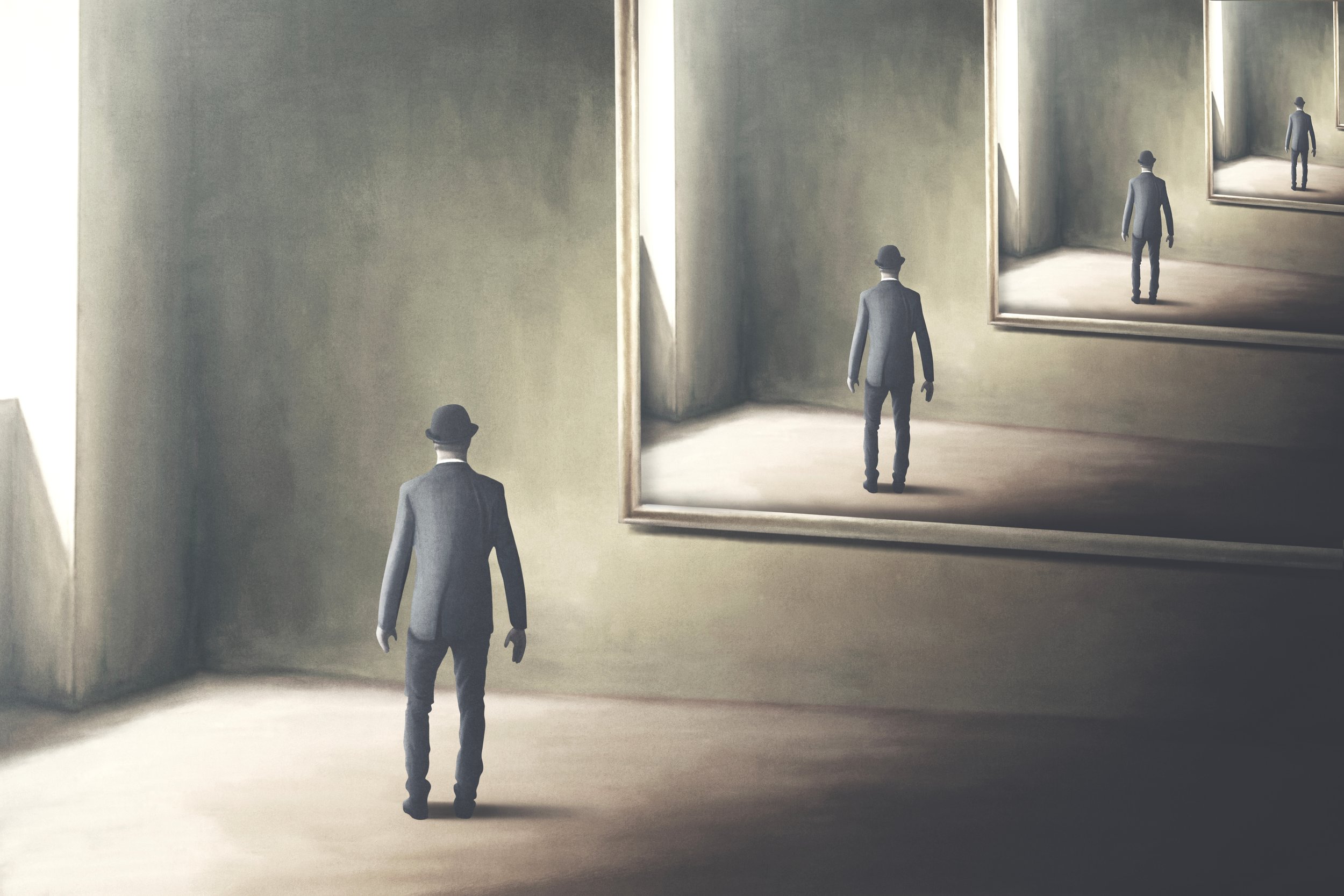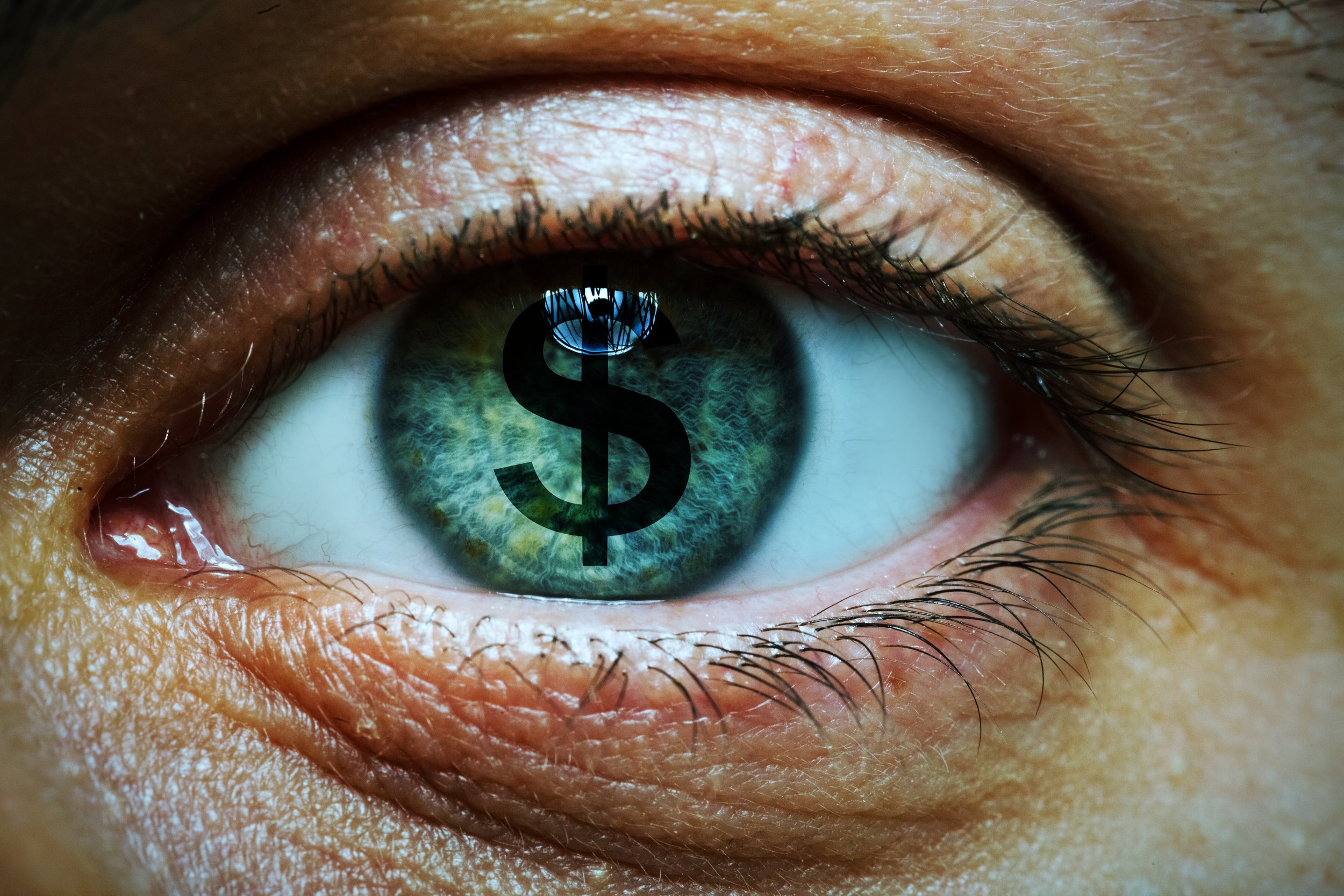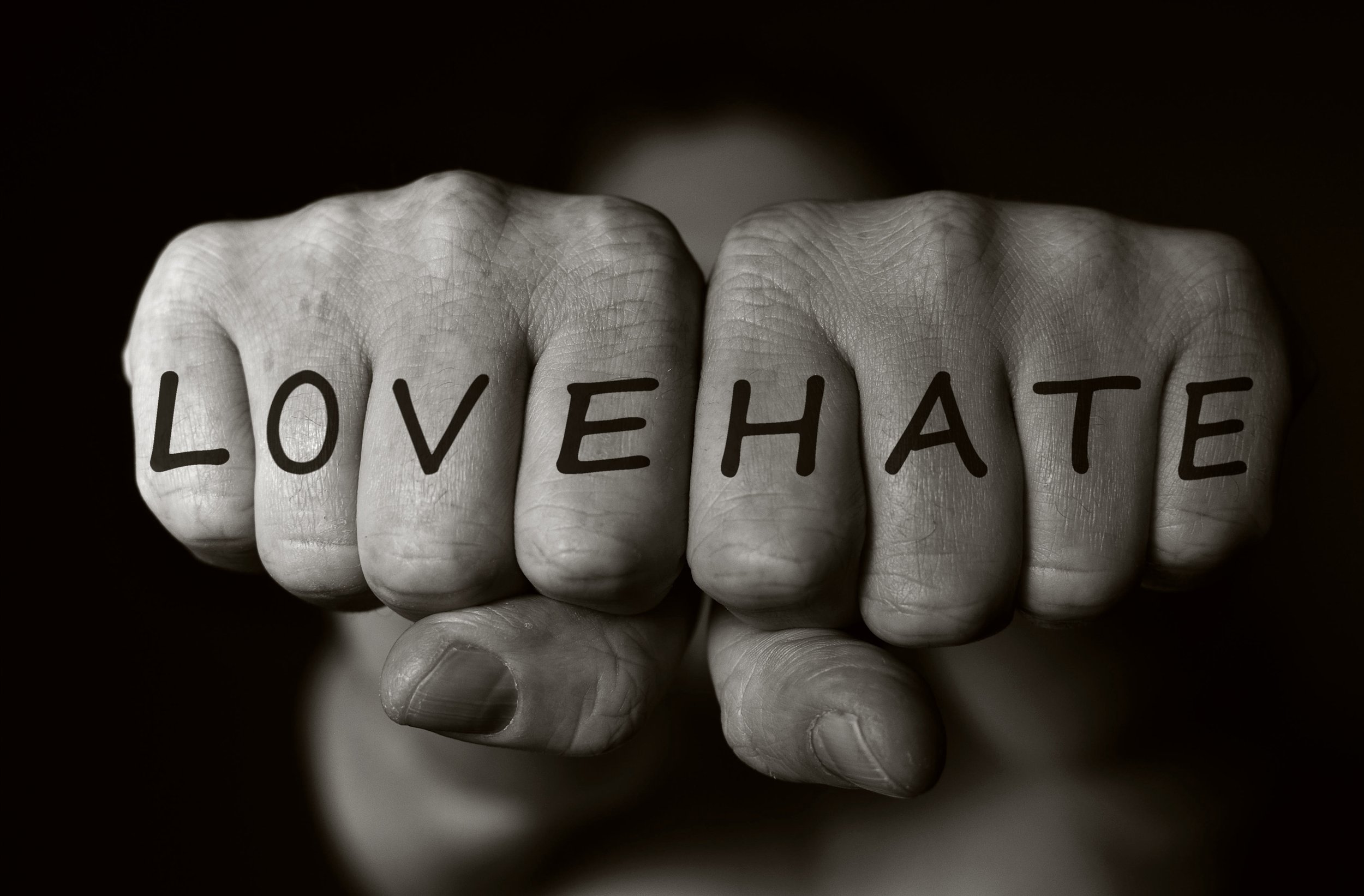
A flash of the blindingly obvious.
“How about nobody calls Twitter, X, or Facebook, Meta?” he asked. “A rose by any other name…” I mumbled….“…is just a weed,” she said, drilling the pigskin over the uprights.

Questions x 4.
What makes an ad “great?” Is it a measure of sales value, creative novelty, cultural impact, or historical moment?

The worst advice for writers, 2023
Well, maybe not the worst for unerring arbiters like authors Dave Eggers, Emma Specter, and William Gibson; they can do whatever they damned well please. But for those of us who spend our more pedestrian days sweating profusely and pounding keys in the dust, insect, and bone-choked vineyard that is modern advertising, it really touched a nerve.

Face It.
Tuned into the Zoom seminar late, but not too late to catch this grabber, courtesy of the dept. of choking clouds and silver linings via New York Times tech columnist Kevin Roose. Soon, virtually all emails will be written, parsed, and responded to by AI. No sloth-like meatware invited, or required.

The Thrill is Gonzo.
In a brilliant Substack post, Reggie James, founder, CEO, and designer at Eternal, goes both long and deep with an article titled “Anticipation is Culture.” In broad strokes, it’s about the nature of a society so bedazzled by the thrill of what’s coming that arrival becomes anticlimactic.

Tale of Whoa
“What’s your first reaction to Twitter’s rebrand to X?” “Possibly, the biggest unforced error in branding history.” And that, of the many available methods, is one way to jump down the rabbit hole of becoming part of the public conversation. The end result of my discussion with the SF Examiner’s stellar reporter, Benjamin Pimentel, is reprinted below, in case you’re interested.

AI Vey (Shared as a Public Service.)
The Reductionist is really growing to love The Economist, and not just for the famous ads-in-the-red-box they’ve put out over the years. Since deciding to pay the paywall piper, I’ve been consistently impressed by the thinking, the “there’s more to the damned planet than just US” insights, and, yeah, the writing. In that spirit, here’s a goody excepted from this morning’s highly relevant missal:

The end of an error.
Since everyone and their crazy tweeting uncle is weighing in on the Chris Licht topping at CNN, I can’t resist joining the chant. This comes from smidge of experience: mid-aughts, I had a minutes-long brush up against the network as a small part of a tiny squad that was brought in to help another quickly fired CNN CEO parse a brand path forward.

CMO, CAIO, EIEIO.
Then there was this Ad Age headline that started with “Future of Chief Metaverse Officer: How Brands are Rethinking Future of Web 3.0.” Full stop.
You mean there’s such a thing as a CMO, with the “M” meaning metaverse?
Talk about a disturbance in the Force. As someone who prides their own damn selves on keeping up with the industry’s latest and leastest, I clearly missed the digital boat on this one.

Truth be told.
Then there’s the famous Picasso quote, “good artists copy, great artists steal.” Offers a sort of moral air cover for those of us who make no claim to greatness, but are in a larcenous frame of mind. Or, at least, its plagiaristic equivalent.

From the department of what could possibly go wrong:
“ChatGPT meets Robinhood? New investing app features AI-powered portfolio mentor.” – CNBC 4/27/23

On the matter at hand.
It’s good.
It’s evil.
It’s happening all at once.
It’s endlessly evolving.

If you don’t have anything nice to say.
According to a recent survey conducted by something called “The Influencer Marketing Factory”—no whiff of self-interest there—58% of American adults are now following a “virtual influencer” on social media.

Paying It Forward.
George Tannenbaum was kind enough to share this documentary with his large audience of readers, and I can think of no better public service to fellow sufferers in adland than to post it again.

Myth-management.
The advertising sky is falling, the advertising sky is falling.
Isn’t it? Isn’t it?
Could be. Although economist Paul Krugman’s analysis might lead the curious to wonder if our recessionary demise might be a shade over-reported.

Identical Nails.
Even the youngest stan of big red trucks, clambering ladders, clanging bells, and flashing lights knows about sticking your head in front of a firehose: water up the schnoz, undertow ears, soggy hair, hypothermic shivers to follow. So, you ask, why bother trying to keep up with the rage fest about AI replacing thee and me that’s eating up the ad business?

Nothing Doing.
Superbowl advertising won’t be better or worse that it always is. And it never will be.
Come to think of it, advertising, as industry won’t discover it has anything in common with any of the characters in the Wizard of Oz (except maybe the Wizard). Hearts, courage, and conscience will remain on too many dusty agency supply room shelves, unasked-for.

Blinkered & Blinders.
In case you missed the “breaking news” on your preferred 24/7/365 news network a couple of weeks ago, this was just in: Meta announcing that, soon, very soon, formerly legless avatars will be able to ambulate through all those thrilling virtual spaces on their own two props.

Flip, Flop, Fall.
Been thinking of late about what should probably be known as the Kelly-Carroll Equine-Porcine Proposition: “If wishes were horses, pigs would fly.” Both halves are grounded in Scottish lore—James Kelly published the former half in his 1721 book of rhymes and proverbs; Lewis Carroll drafted on the centuries-old local porker proverb in “Alice” for the latter.

Bernbach to Gershwin: A Tune You Can Hum.
Funny how these things happen.
Was sitting outside on an increasingly fall-like Manhattan day, still too damned muggy and hot, but the seasonal shift is palpable, when on streams Gershwin’s classic, “It Ain’t Necessarily So.”
